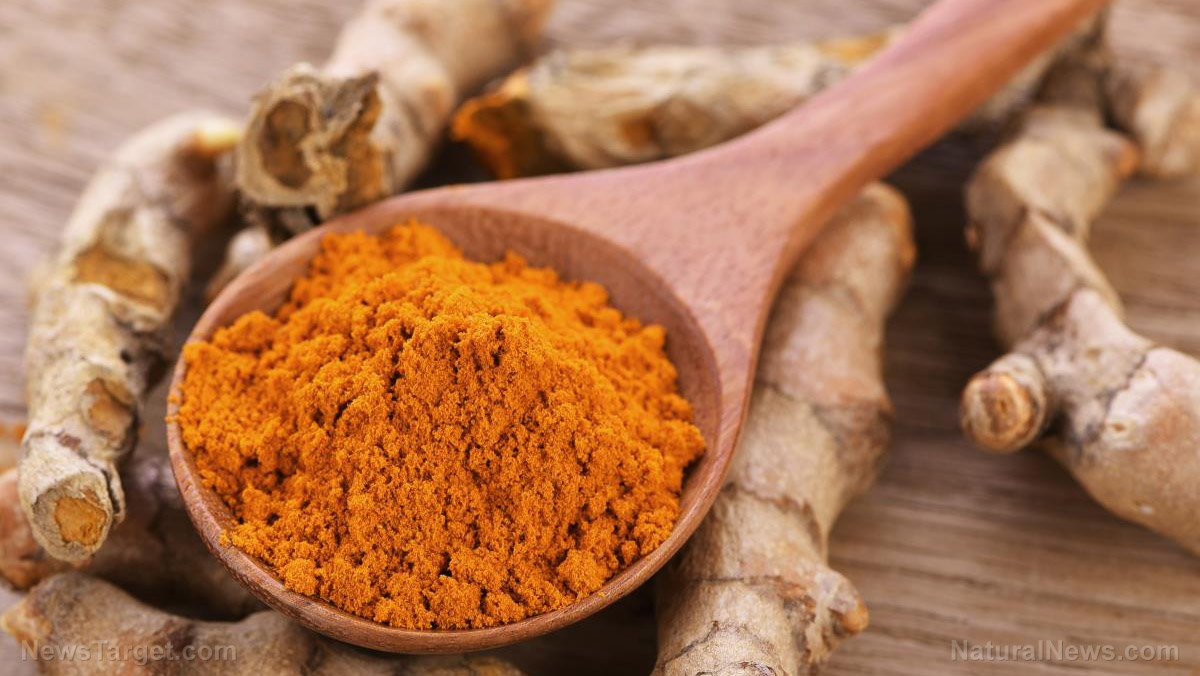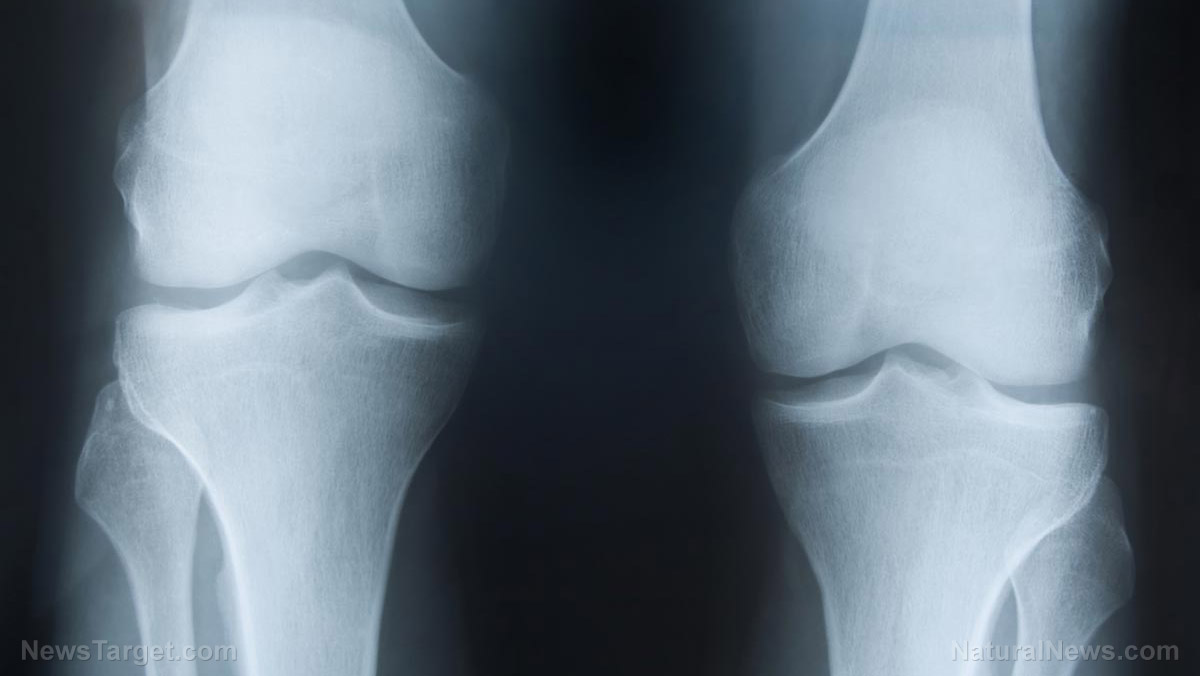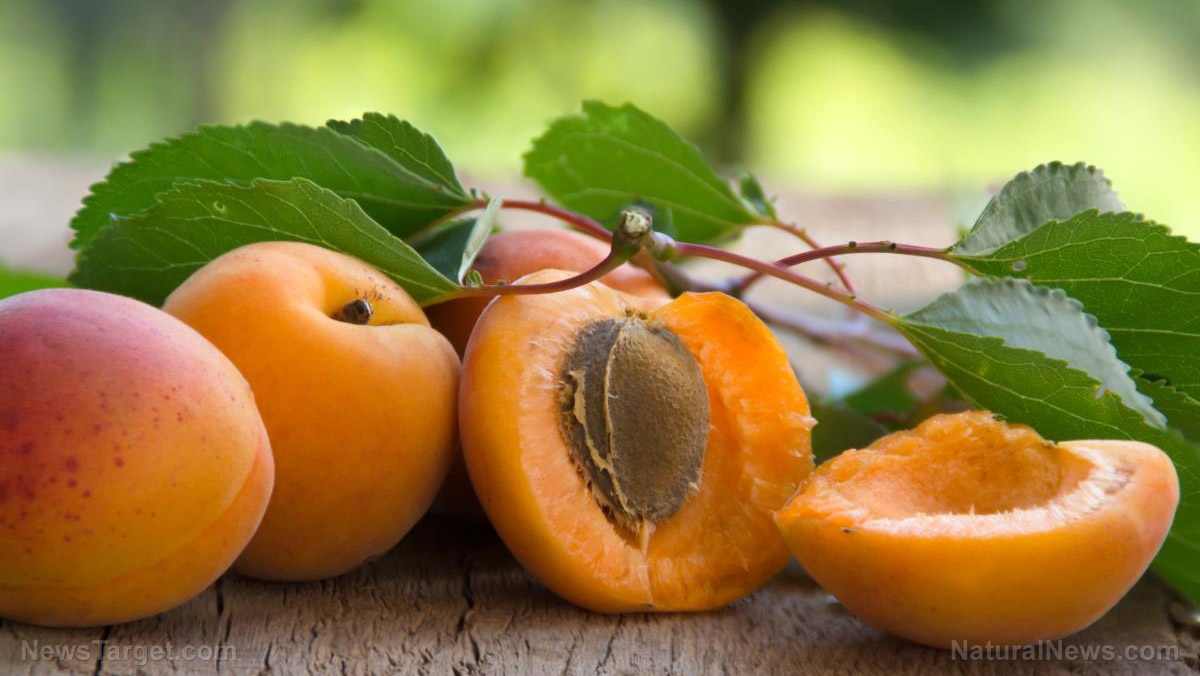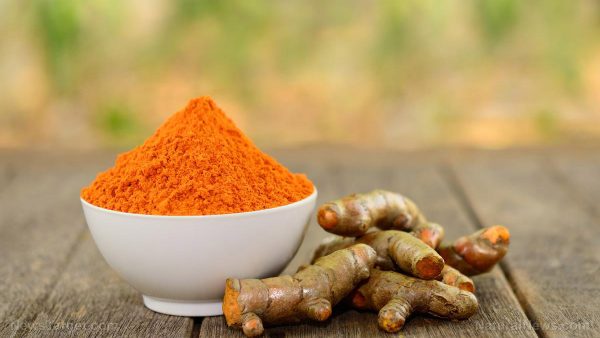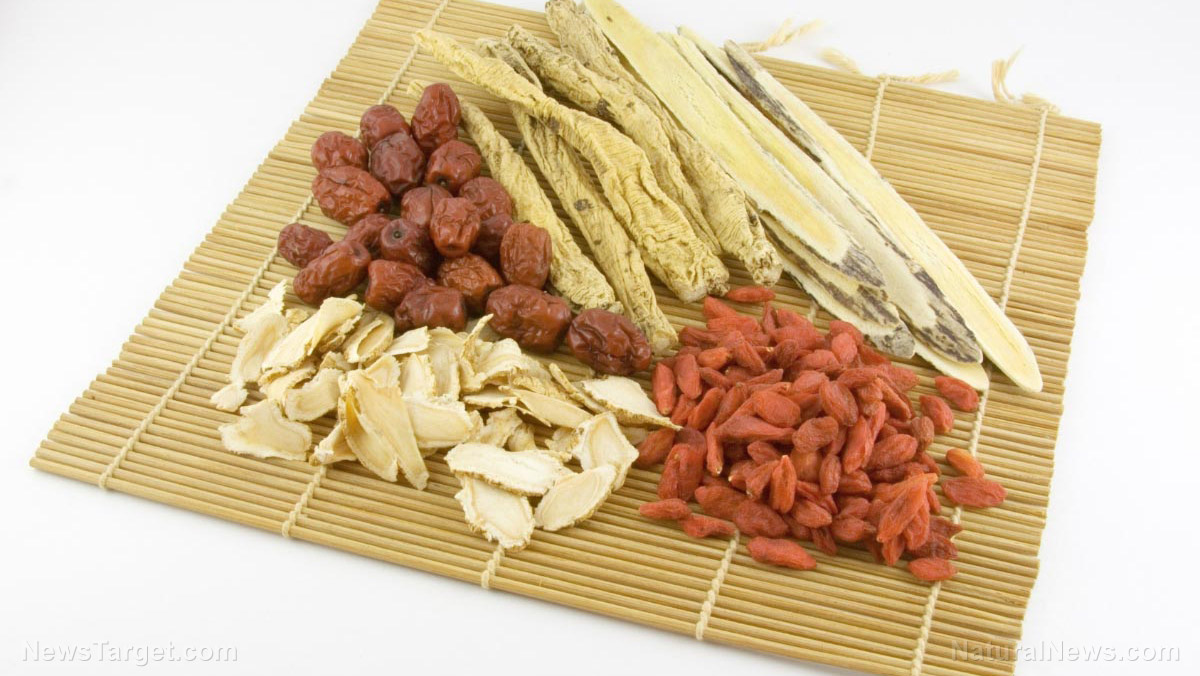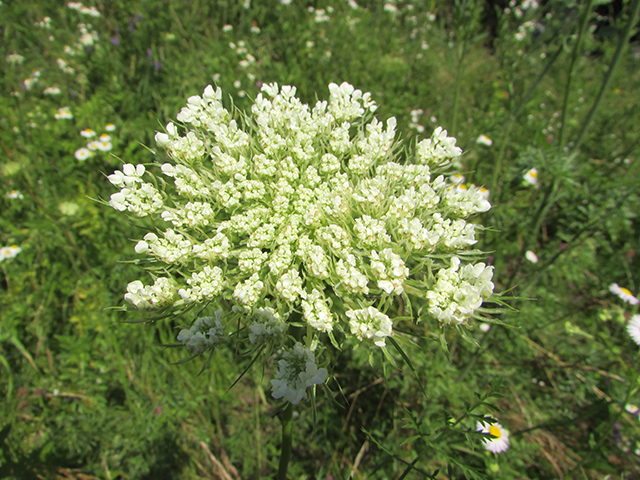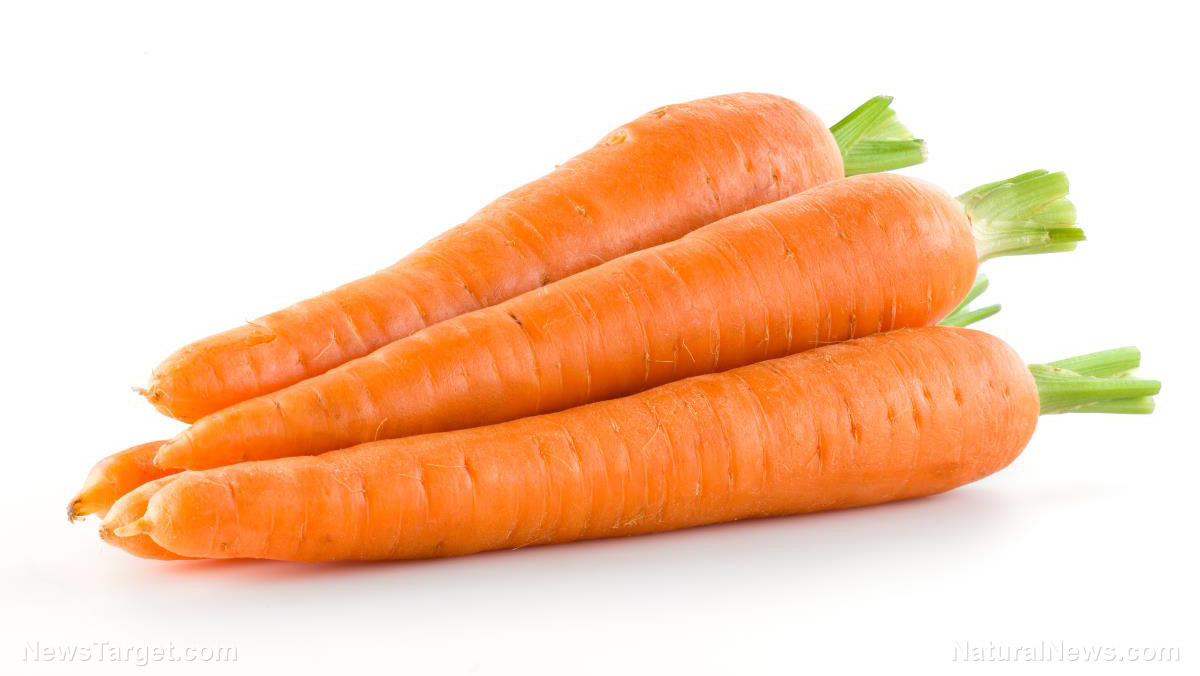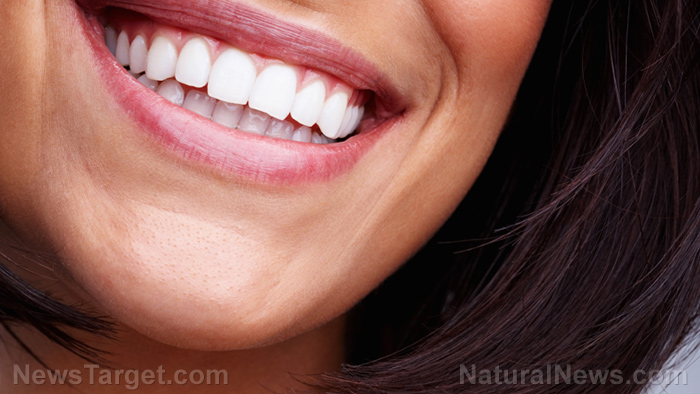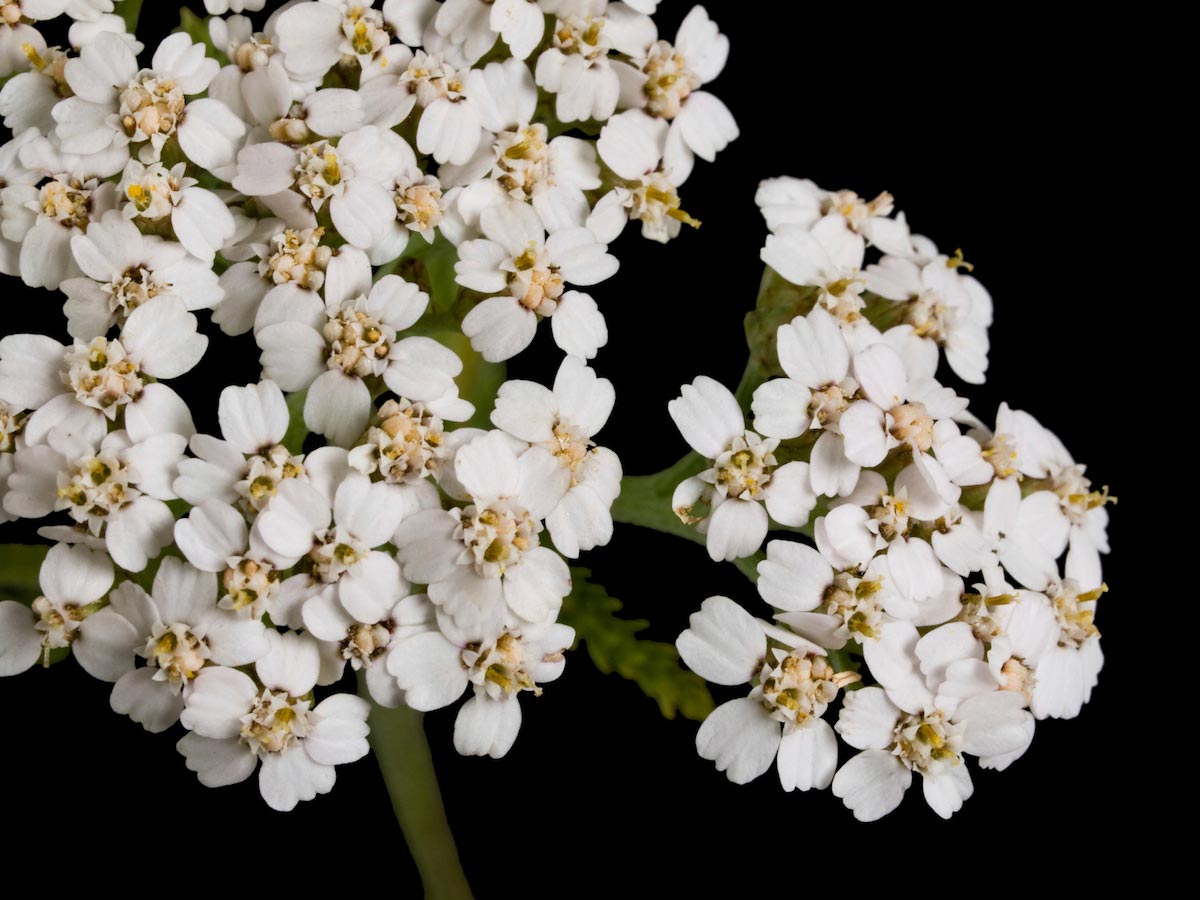How to make your own natural mouthwash
07/25/2018 / By Frances Bloomfield

Mouthwash is an important part of anyone’s daily oral care routine. It eliminates bad breath for a short amount of time; but did you know it might be doing you more harm than good? Studies prove that regularly washing with commercial mouthwash can erode your dental enamel and make your teeth more sensitive. Consider making your own non-toxic mouthwash in the comfort of your home. It’s simple to do, inexpensive and, because you made it yourself, you know exactly what went into that bottle and what goes into your mouth.
What you’d need
- Distilled or filtered water – ½ cup
- Baking soda – 2 tsp
- Peppermint essential oil – 2 drops
- Tea tree essential oil- 2 drops
- Optional: Xylitol – 1 tsp
You’re free to customize your mouthwash however you like. If peppermint oil or tea tree oil aren’t really your thing then GoingEvergreen.org suggests you can substitute either or both of them with lemon, cinnamon, or spearmint essential oil.
The steps
- Combine all the ingredients in a container. A mason jar is ideal because it makes storing your mouthwash easier.
- Shake the container until all the ingredients are blended together.
- Store on your bathroom counter or rack until needed.
Before use, be sure to shake your mouthwash to redistribute the baking soda. When you do use it, two to three tablespoons will suffice. Small batches are preferable over large ones since the peppermint oil and tea oil alter the taste of the mouthwash over time. Make only as much as you need for a short time and then create another batch when the current one has been used up.
What’s good about this homemade mouthwash is that every ingredient does wonders for your dental health. Baking soda, when dissolved in water, becomes alkalized and is good for sensitive teeth. Peppermint oil and spearmint oils are antiseptic oils that can treat tooth pain and eliminate bad breath. Tea tree essential oil is an all-purpose oil that takes care of your overall oral health. Lemon essential oils strengthen your gums and whitens your teeth naturally. Cinnamon essential oil, like baking soda, is a good for sensitive teeth because of its pain-killing properties, and is also ideal for those with bad breath.
Xylitol is an entirely optional ingredient. You don’t have to add it to your homemade mouthwash, but we recommend you do. Using it in your mouthwash adds a nice touch of flavor. (Note: Xylitol is toxic to dogs. If you have any dogs at home, make sure that you store your Xylitol in a safe place away from your dogs.)
You never know what companies are adding to their mouthwash. Those one-word, three-syllable ingredients might make the bottle look pretty, but don’t be fooled. Commercial mouthwash tend to be highly acidic and contain alcohol that dry your mouth, leading to weakened saliva glands that are unable to wash away bacteria. Daily use of commercial mouthwash has even been linked to cancer of the pharynx and cancer of the mouth.
With all these potential problems coming from one bottle of brightly colored liquid, why take the risk?
Sources include:
Tagged Under: dentistry, homemade mouthwash, how to, natural mouthwash, natural oral care, oral health



